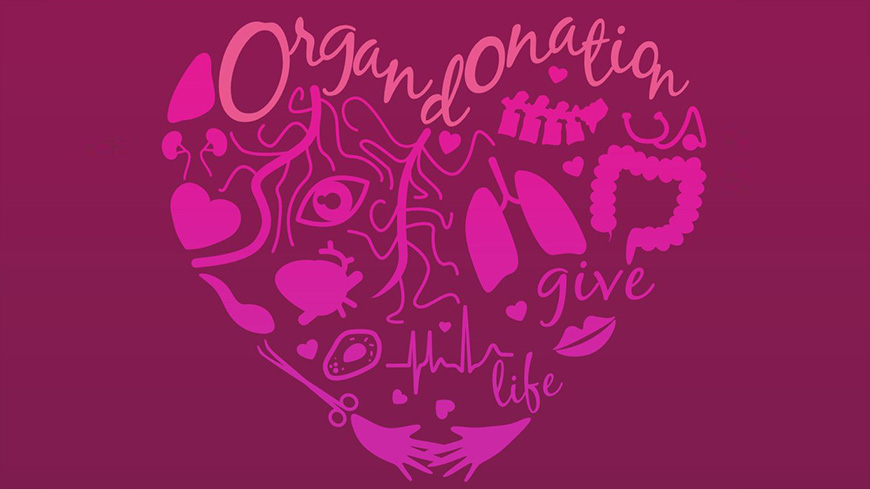What is the significance of donating organs?
Organ Donation indicates donating organs such as heart, liver, kidneys, intestines, pancreas, lungs to transplant them into another person who needs an organ. Every year, Organ Donation is observed on the 13th of August. People are not acutely aware of its meaning; many myths and fears are attached to organ donation. The sole aim of this day is to motivate human beings to donate their organs after death. The motive behind the celebration is to spread awareness about the importance of organ donation.
According to a survey conducted in India, 5,00,000 deaths are caused because of non-availability of organs, 2,00,000 of them die because of liver disease, and almost 50,000 dies because of cardiac attacks. Nearly 1,50,000 people await kidney transplant, but only 5000 can get them. Nearly 1,00,000 people have corneal blindness and need a donor.
Organ donors play a crucial role in saving other people’s life.
Facts related to organ donation-
- You can be a donor irrespective of your caste, religion, place of birth, or sex.
- No such defined age is there to donate organs; it is based on medical criteria.
- Vital organs such as liver, kidneys, heart, pancreas, and lungs can be donated only if the person has been declared brain dead.
- Tissues like cornea, skin, bone, and heart valves can be donated in case of natural death.
- Organ donation is legalized by Indian law.
- Indian government enacted the Transplantation of Human Organs Act, 1994 that permitted organ donation and legalized the concept of brain death.
- Brain death is an irreversible and permanent cessation of all of the brain functions,
- Anyone suffering from serious diseases such as HIV, cancer, diabetes, kidney disease, or heart disease cant be a donor.
Why is organ donation a challenging task in India?
It is difficult to find a donor in India because of the bureaucratic hurdles and lack of awareness.
People are scared of lengthy paperwork and red-tapism. In India, if the donor has no relation with the receiver, then transplant needs approval from a state-level committee or by hospital committee. Another difficulty arrives when a person’s family doesn’t accept that their loved one is brain dead. If the person is on a life support system; it seems that he/she is sleeping because the body is warm to touch, and the heartbeat can be felt. Doctors fail to convince the family that they are brain dead. There are many misconceptions related to organ donations that stop the family to approve the donation. Very few surgeons are there who are capable of performing the act.
However, Organ donation is not as dangerous as it is made out to be. It is just organ donation. We all can do it, and we all should do it. It doesn’t harm anyone and helps millions of needy people. Be a hero; take a pledge to donate organs. One donor can save up to eight lives through organ donation and heal up to 50 people suffering from damaged tissues.





